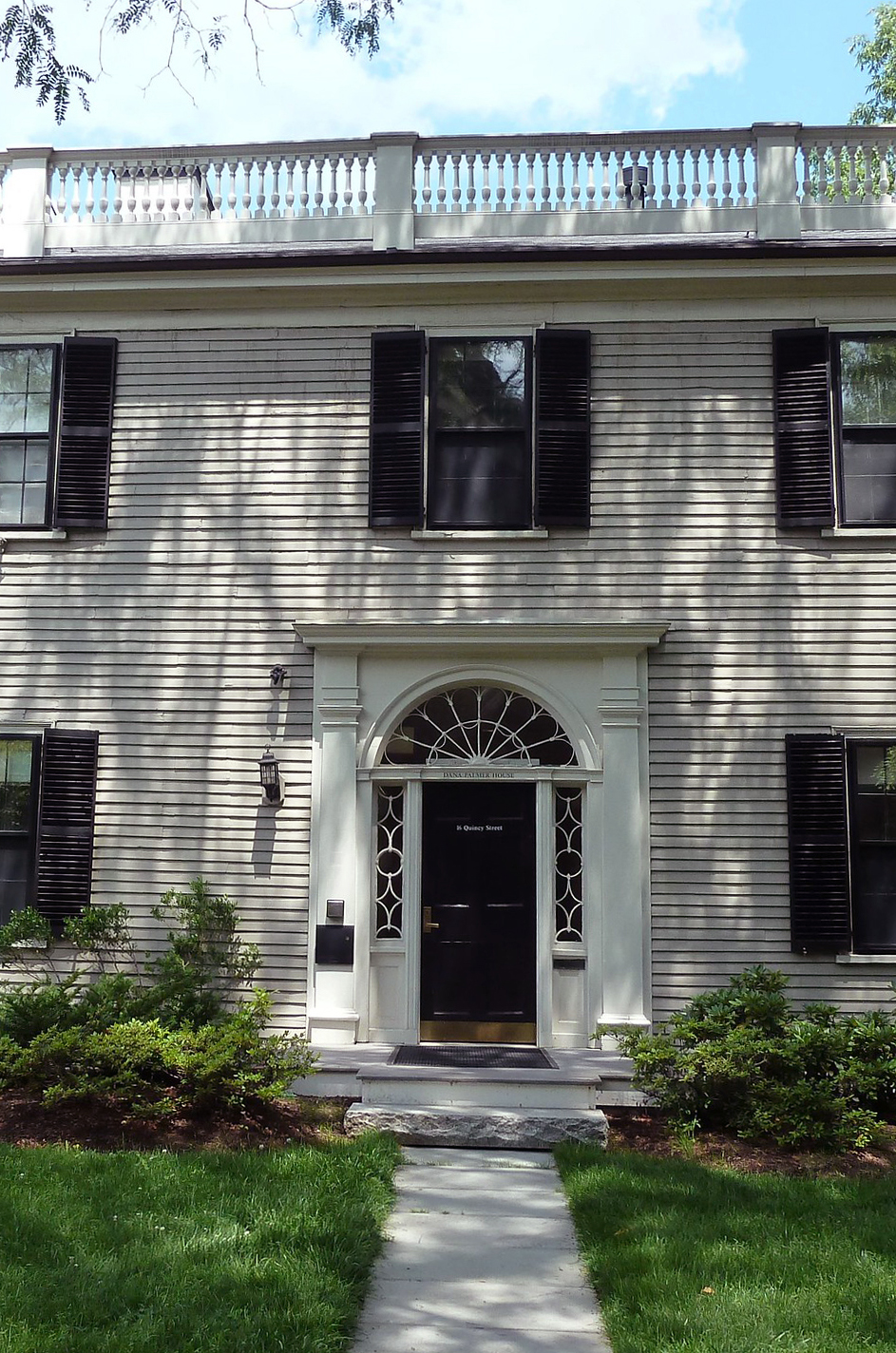One of the world’s most venerable departments of comparative literature –formally established in 1906 after more than a decade of course offerings– our department is also one of the youngest at Harvard. In 2007 the graduate-level Department of Comparative Literature merged with the undergraduate Literature Concentration. Dana-Palmer House, where we had relocated a year earlier, became the home of the newly merged department. Reflecting the ongoing paradigm shift of comparative studies from a focus on European traditions to a global awareness, our faculty ranks have expanded in recent years to encompass a world-wide range of languages and cultures, even as we pursue new approaches to an expanded range of European literatures themselves. As has been the case throughout its history, Harvard’s Department of Comparative Literature remains committed to serving as a catalyst for innovation in the comparative study of literatures, cultures, and languages.

The Department’s two dozen faculty are appointed either fully in Comparative Literature or jointly with other departments. In this way, Comparative Literature maintains a central position within the humanities at Harvard and provides our students with a rich network of university-wide connections across Divisions and Schools. Every year we host a stellar group of visiting scholars and postdocs from around the world, are actively involved in leading an array of Mahindra Humanities Center research seminars, and serve as the home base for the Institute for World Literature, a month-long summer program meeting at Harvard and in locations around the world.
We also support secondary concentrations in Translation Studies at both the undergraduate and graduate levels, and maintain active links to Harvard’s many centers, interdisciplinary programs like Theater, Dance, and Media, the secondary field concentration in Critical Media Practice, and to experimental platforms like metaLAB (at) Harvard.
Always at the heart of our activities are our exceptional students, both undergraduates and graduates, who work in close consultation with our faculty to devise unique and ambitious programs of study that reach across linguistic, cultural, media, and disciplinary boundaries. On this site you can learn more about our faculty and students, and find extensive information regarding our programs, as well as departmental initiatives and activities.
– Jeffrey Schnapp

Founded as a graduate program in 1904 and joining with the undergraduate Literature Concentration in 2007, Harvard’s Department of Comparative Literature operates at the crossroads of multilingualism, literary study, and media history.
© 2023 President and Fellows of Harvard College
Sign up to receive news and information about upcoming events, exhibitions, and more